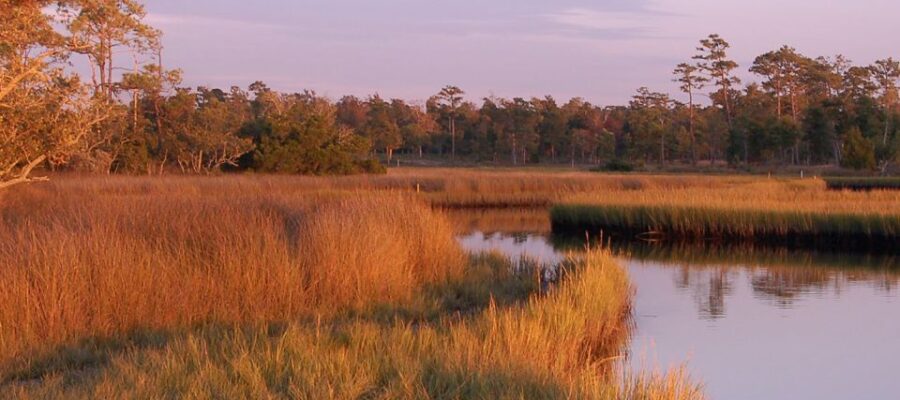Growing up in eastern North Carolina, many close family friends were really friends that had become family. As a child, days spent at my Mema’s often meant having the honor of keeping company with one of those family friends alongside my grandma.
Many of these friends have been in the picture longer than I’ve been alive—or, at least, as long as I can remember. I even call my Mema’s best friend “Granny Gail,” and I couldn’t imagine calling her by any other name. We’ve even spent a Thanksgiving together at her sister’s house. My Mema has always kept this sprawling fold around her, and in her love for the people she knew, my boyish curiosity led me into a deeper understanding of this love for our people.
Sitting at my grandma’s feet, I would ask her everything I could think of about how she met everyone she knows and how they tie into the family. I’d ask who all these family members are that she always brings up in her stories, but whom I’ve never had the chance to meet. Of course, I had to know about my family. I had to know them better than our family friends. What a shame it would be to know so much about everyone else and not my own folks! So, when I was about ten years old, I started learning about my great-grandmother’s brothers and sisters who had rhyming names, my great-grandfather who ran moonshine for a local Robin Hood figure, who were the big shots who kept the nearby towns running and owned the most land, and how I not only know my friend and his cousin, but also his cousin’s cousin and his cousin’s cousin’s cousin, whom I went to grade school with!
Over the years, I’ve learned more and more about these pillars of our people and the deeply rooted foundations of blood, soil, history, and long-lasting friendships that gave them something to build and connect all of us together, as locals. When I meet someone whom I haven’t seen before, but is from around here just the same, he always turns out to know someone I know, too. Now, it’s second nature to be able to tell if someone is part of the “in-crowd” or is a transplant from the next county over. You get used to the family names that are from your neck of the woods and which ones are from a town a far piece down the road. Certain families have a certain look about them. And, after being in the same place and around the same people for so long, your ear catches slight differences in how people talk, too – and, of course, what they talk about.
Someone from down east may not give two shakes of a lamb’s tail about the new interstate going through my hometown, or the new gas line going through my dad’s backyard, and I may not give a second thought to hearing about a new diner that popped up in a town of five hundred people a half hour away. Imagine how easy it is to tell when someone is from several states away, and how intrusive it can feel when you find out they are moving in by the droves!
But, it’s in these exclusive communities that we aren’t stretched thin. Here, we can devote the time and effort to learning to love our neighbor as ourselves. This is the type of community that every person in Dixie should be, and be able to be, a part of. And, I feel that a lot of us already are.
-By William Baker

O I’m a good old rebel, now that’s just what I am. For this “fair land of freedom” I do not care at all. I’m glad I fit against it, I only wish we’d won, And I don’t want no pardon for anything I done.






“We aren’t stretched thin”.. now those are words that sink deep into our souls.